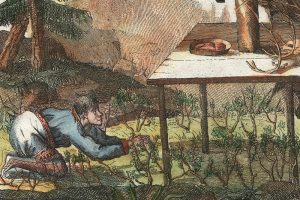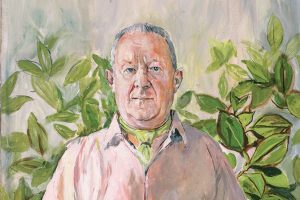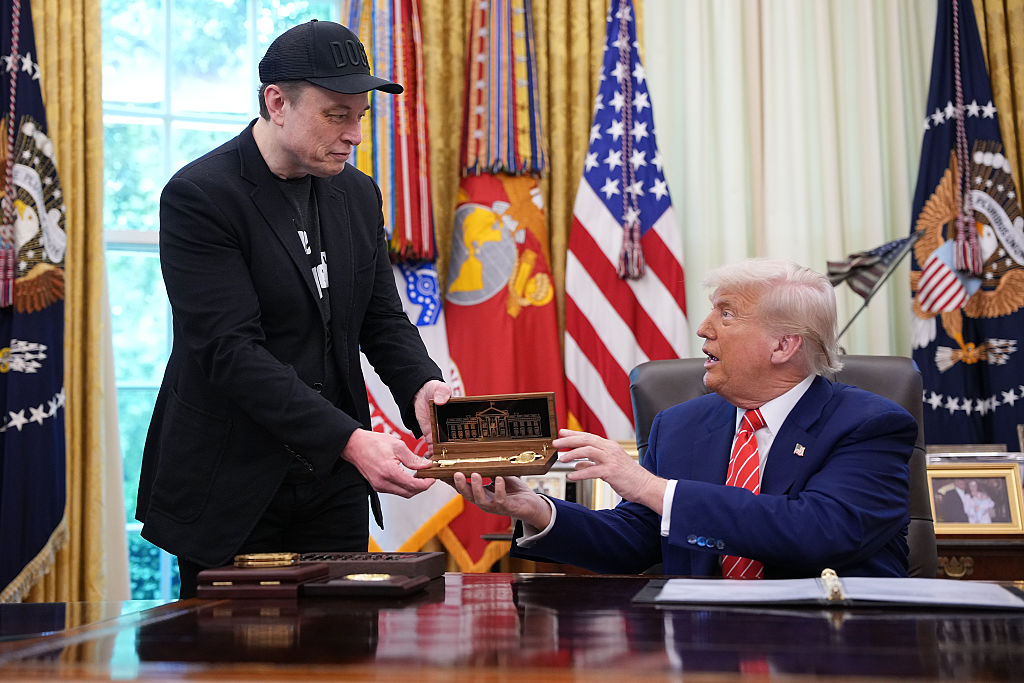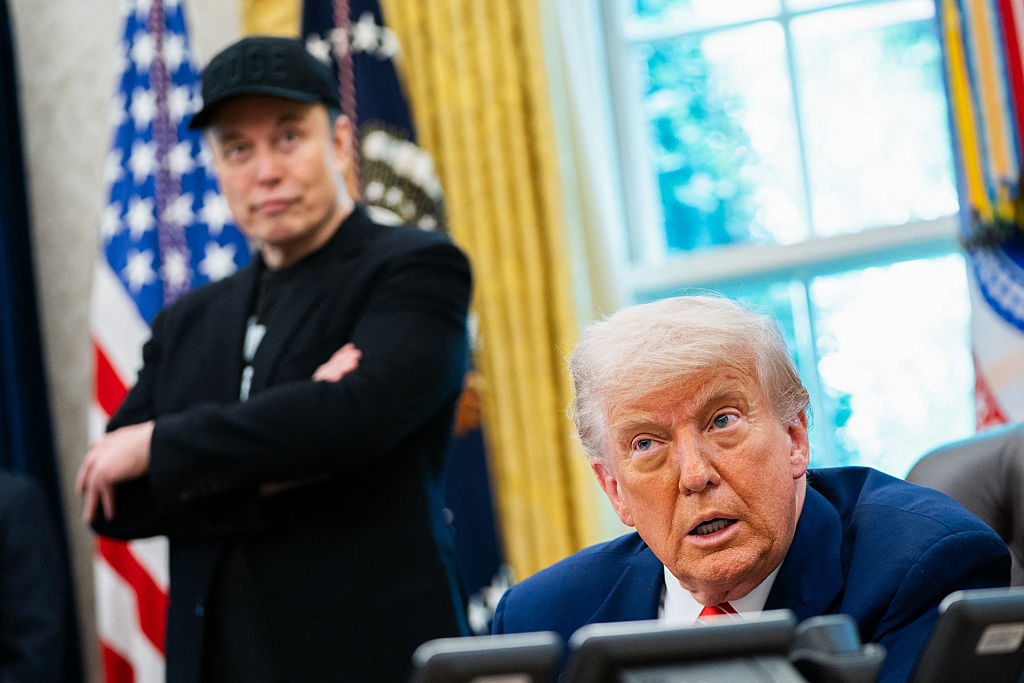“I believe it’s the writer’s job to force the reader to look where they usually avoid looking,” Ayelet Gundar-Goshen has said. The Wolf Hunt, her fourth novel translated from the Hebrew by Sondra Silverston, shines a light on racial tensions in America.
Israeli-born Lilach and Mikhael Shuster live in Silicon Valley with their sixteen-year-old son Adam. Like many men in the community, Mikhael works in tech, although rather than developing apps his company makes weapons. Having given up an academic career to follow her husband, Lilach works as a cultural coordinator at a retirement home. “Most of the women here coordinated something,” she observes wryly.
When a man with a machete infiltrates a local synagogue on Rosh Hashanah, the peace of “one of the greenest, quietest, safest cities in America” is shattered. The antisemitic attack leaves four people injured and one person dead — a college-aged girl who was the only one to intervene. Tensions in the community escalate further when Jamal Jones, a black Muslim classmate who had bullied Adam, dies of an overdose and Adam is accused of having drugged him.
In response to the terrorist attack, Adam, prodded by his parents, signs up for a self-defense class taught by a former elite IDF officer, rumored to have ties with Mossad. A charismatic teacher, Uri, idealized by his students, embroils himself with the Shuster family. Lilach is his advocate at first, suggesting Mikhael recommend him for a job at his firm, but becomes increasingly wary.
As focused as we are on protecting our children, The Wolf Hunt questions our certainties about who and what we want to protect them from. Lilach makes astute observations about the rarefied microcosm of the Valley, the heartbreaking mystery of adolescents and the threat of violence in the US vs Israel. “Just don’t tell me later that it’s saner to raise children there,” her mother tells her.
The risk with novels of ideas is that they can verge on the didactic, with the characters serving as mouthpieces. A practicing clinical psychologist, Gundar-Goshen has crafted complex characters in her previous work. With the exception of Jamal’s grieving mother, however, those in The Wolf Hunt lack the animating breath that makes them feel real. We are primed to expect high stakes in this book, pitched as a psychological thriller. But while the plot delivers some twists, the ending is not only inconclusive, the characters haven’t quite coalesced enough for us to care.
This article was originally published in The Spectator’s UK magazine. Subscribe to the World edition here.

























